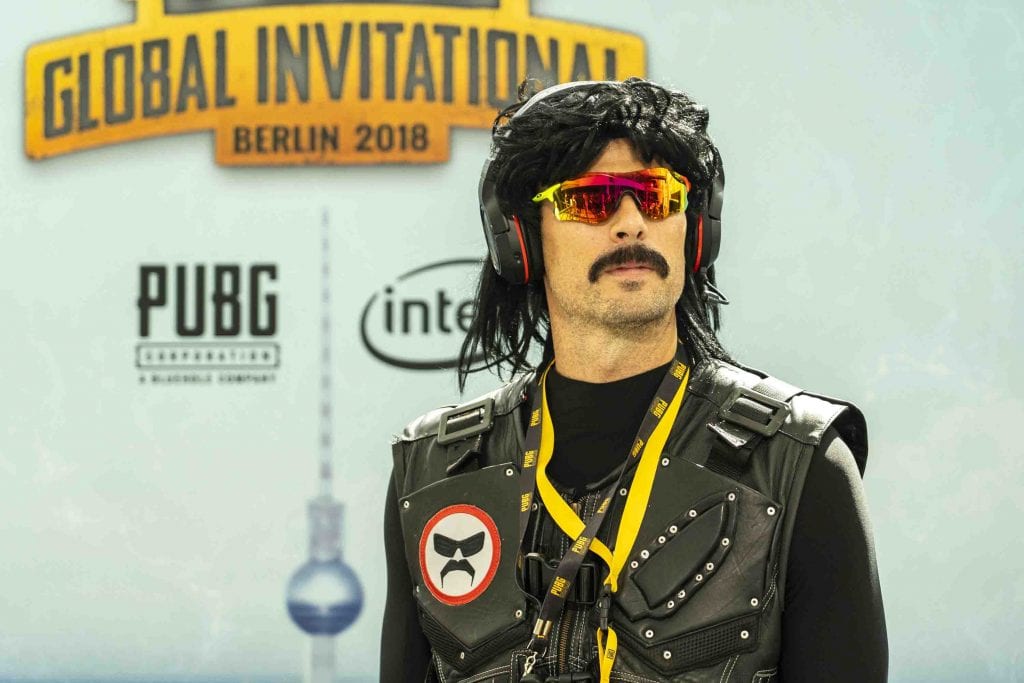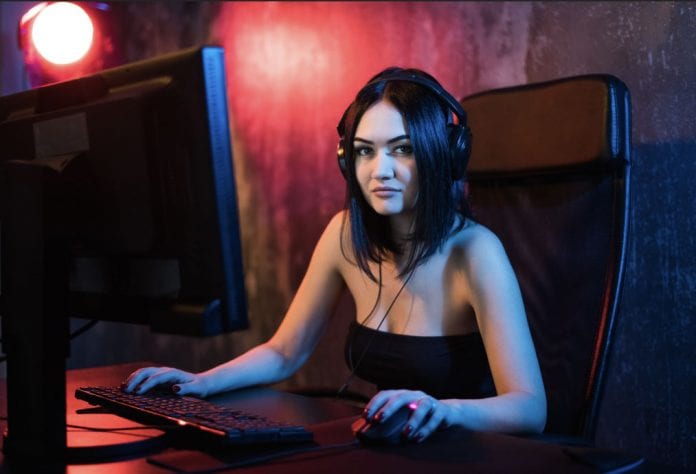Remember when we were kids and we’d roll our eyes when our parents didn’t know how to set the VCR? Or how during a game of Red Alert 2 your mum needed to use the phone at that exact moment, and ruin everything? Parents just didn’t understand.
Twenty-odd years later, it seems as though parents haven’t particularly evolved all that much. Only now, the technology is far more advanced and can lead to much more confusion.
Online stranger danger has been a concern for parents since the invention of the chat room, and with such a variety of modern social and gaming platforms, it’s easy to see why parents may get confused by what their kids are up to online.
Twitch
The results of a recent survey by RS Components discovered that 68% of parents believe Twitch to be inappropriate for their kids. Compare this to parents’ views on Snapchat, which is considered to be more appropriate for kids under the age of 16, with 58% considering it inappropriate.
What is it about Twitch that makes it so inappropriate in the eyes of parents?
There are potentially a number of reasons why Twitch may be considered inappropriate by parents; frequent profanity, ‘e-begging’, and partial nudity being just three – but these aren’t exactly characteristics exclusive to the platform. For example, many YouTubers are known for a similar style of content—some Twitch partners and affiliates even upload entire streams to YouTube—yet 78% of parents say that YouTube is appropriate for their kids.
There is obviously a misunderstanding of what Twitch is
Could it be the live aspect? The majority of content on YouTube is pre-recorded, therefore limiting the interactivity with the creator, and Twitch is known for how easy it is to interact with the streamer. Perhaps parents aren’t comfortable with their kids interacting with an adult in real time – with some willing to pay large sums of cold, hard cash, to guarantee the streamer will read out their message.
Online Gaming
It would seem as though the main issue parents have with Twitch is that their kids are watching somebody else game; they have a much higher tolerance for kids gaming themselves. 33% of parents said PSN is inappropriate, whilst 37% said the same about Xbox live – and we all know how graphic angry gamers can get on voice chat.
So, what is it about using these platforms that make parents trust them so much more?
Children spend, on average, three and a half hours on their smartphones a day, which according to the survey data is two hours more than their parents realise. Similarly, parents said their kids spend over an hour on a private PC/laptop and a similar amount of time on a games console every single day.
And this, seemingly, is fine – it only becomes a big no-no when their kids want to sit down and watch somebody else game.
Snooping
There is obviously a misunderstanding of what Twitch is, something perhaps lost in translation. 18% of parents say they have sneaked onto their kids’ platforms to check their activity, and 16.5% even admitted they’ve installed tracking software so they can monitor what their kids are up to at all times.

With this being the case, what are parents seeing on Twitch that is so problematic, which the rest of us are missing? Is it high profile controversy drummed up by the likes of PewDiePie, that hits all the major outlets? It’s a shame the good news never spreads as fast, or sticks in people’s minds as easily, such as hbomberguy’s stream that raised over $340,000 for the charity Mermaids.
Despite all this, 46% of parents agreed that technology has a positive impact on children’s lives. For many, during a year when we’ve all been forced to stay at home, parents out of work, unable to buy the latest game for their kids, Twitch has been a welcome distraction. There are communities built, careers made, and it provides free entertainment in a world which revolves around paid subscriptions. Yes, there are elements of toxicity, but these are the minority – if parents opened up to Twitch, and what it offers, then maybe they’d realise that it’s not all bad.







